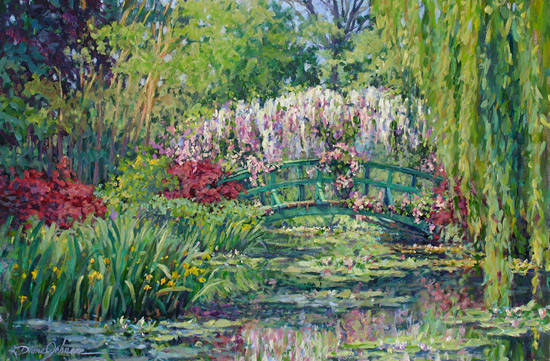FWP:
SETS == EXCLAMATION;
POETRY
MADNESS: {14,3}
SPRINGTIME: {13,2}
The first line is heavily exclamatory, and the commentators generally take it straightforwardly: oh how fine, the spring season has come! The delights of the coming of spring do, after all, form a classic ghazal theme. And yet-- what is that quite unnecessary 'indeed' [hāñ] doing there, if not suggesting some further thoughts, some reservations, some additional depth of discussion or argument? As so often, we have to wait-- under mushairah performance conditions-- for the second line to give us further insight.
And in the second line, the word saudā works strongly to create an effect that is, if not entirely negative (since madness is the lover's natural domain), certainly no better than ambivalent. A sarcastic reading ('Oh, thanks a lot, springtime-- I really needed that!') readily emerges, and feels richer and more amusing than the straightforward one. But the latter remains quite possible, of course, since the saudā could be an 'ambition' or 'desire' (see the definition above).
Another possible implication would be that the only thing springtime means to the speaker is a fresh attack of madness, like a seasonal malarial fever. Other people may rhapsodize over the birds and the bees and the flowers and the breezes, but the poet knows only the saudā , literally the 'black bile', of his art. And what he's forced to, in his fresh creative (?) 'madness', is not even necessarily poetic composition, but only 'recitation'. Is the season calling him back from his apathy, and whipping him arbitrarily into a melancholic frenzy? Think of the beginning of 'The Waste Land': 'April is the cruellest month'.
Compare Mir's more enigmatic reaction to the (possible) coming of spring: M{1579,2}.

Nazm:
Indeed, oh exultation of spring, bravo-- you're beyond words [terā kyā kahnā]! Please just warm me up a bit more, so that I would recite ghazals. (227)
== Nazm page 227